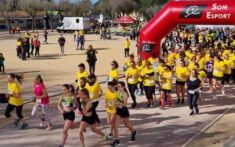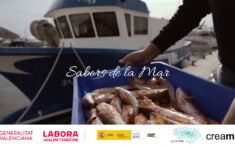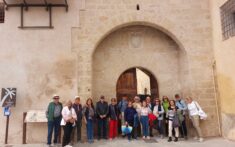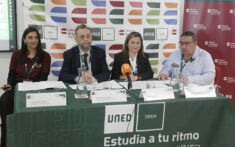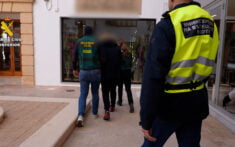Words from Alicante that have even spread to other parts of the country. Here is a list with a dozen most used words and their meaning:
- Achavo: a classic of Alicante vocabulary. It is an interjection that could be translated as "go" or "well go". Usually to emphasize something that is surprising. Example: "I hate how hot it is."
- chop: Term that is also used in Valencia as a synonym for getting wet or soaked. "We have crashed, we have soaked ourselves."
- espolsar: This term of common use in the province (and other parts of the Valencian Community), does appear in the RAE. It means "expression of anger" or "snort" in relation to the animal that hisses. In Alicante, the second meaning extends to people.
- Manac: Pejorative word, which in Alicante means "pesky child", and, although it is also used to designate anyone who acts or behaves in an immature or annoying way.
- Menphotism: More than a term, it is a concept associated with the idiosyncrasies of Alicante. Basically, it qualifies the attitude of a person who doesn't care about everything, and who has a tendency to do nothing, despite grievances or just demands. It comes from the Valencian m'en fot/ I am indifferent.
- Spring: It means "crumb". In Alicante city, the typical coca is mollitas, a type of cake that uses a thin and crunchy base to which another layer of dough in the form of crumbs (the "mollitas"), which is denser and softer, is added on top.
- Pardal: In Valencian, bird. The use that is made in Alicante is derogatory, and usually refers to a naive person who can be easily deceived. The equivalent in Spanish is "pardillo".
- potrous: A clear example of the use of language that has little to do with what its original meaning is presumed to be. In Spanish "tener filly" is to be lucky; In Alicante "to be potroso" is to be unbearable, something that is usually applied to children who are restless or who cause a lot of problems.
- Late or: It is not a word exclusive to Alicante, but it began to gain strength a decade ago with the leisure boom in the center during the weekends, to the point that the city itself Town hall coined (briefly) the term in his promotional campaigns. It consists of going out for drinks in the period that goes from after-dinner to night.
- sanguango. It comes from the Castilian “zanguango”: person, generally stout, who behaves clumsily. In Alicante (and in other parts of the Valencian Community) a "sanguango" is someone who fails to achieve success in life or a person without a job or benefit.
- let's see. More than a word, it is an example of a phenomenon that occurs in Alicante: rotacismo. It basically consists of putting the words together and changing the eses to the r's when one of the terms ends with the letter S and the next one begins with a vowel or an H. “Vamoraver” is a very common (and widely used) example, but it is It can be applied to many other expressions like “larhoguerar”, for example.
Finally, this list would not be complete without an expression that refers to the measure of time that is used exclusively in the city of Alicante, and that divides the year into two clearly differentiated periods: “Half Bonfires”, in reference to everything that precedes the big party of the week of June 24, and "en pasar Hogueras", as a point of reference for everything that comes after.
Juan Legaz Palomares.


